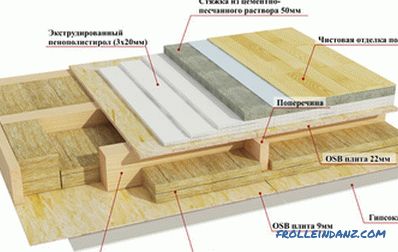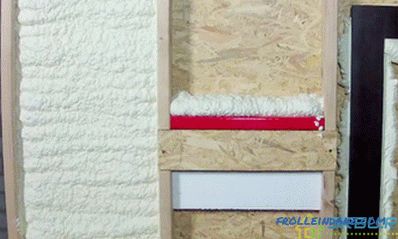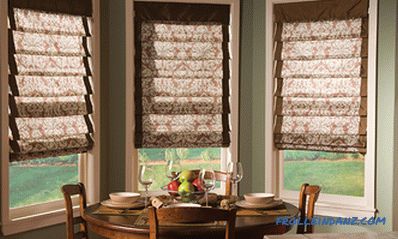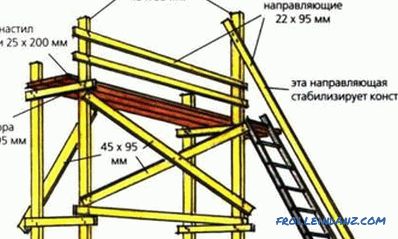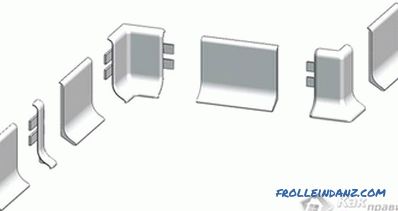Today, apartments occupy more than 30% of the total market of new buildings and are becoming increasingly recognizable and in demand. We are offered modern construction technologies, high-quality decoration and a convenient location of such facilities, and for dessert - a surprisingly attractive price. What is the catch and benefit of such a purchase? What distinguishes the apartment from the apartment, as well as what advantages and disadvantages of these two types of real estate, we will look at in detail in this article.
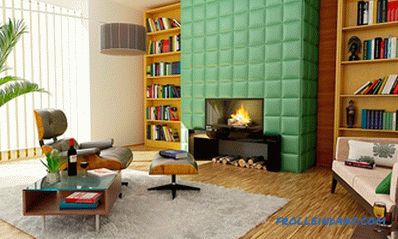
Legal status
The important difference between apartments and apartments is their legal status. Such premises are recognized as non-residential, and buildings - commercial. This means that it is impossible to issue a permanent registration in them; for temporary registration, there are no restrictions. Accordingly, the inconvenience of the lack of "registration" can cause those who are planning to purchase apartments as the only housing.
The legal status of non-residential construction implies another important difference. In ordinary homes, apartment owners are also equity participants in common property — porch, roofs, basements and attics, staircases, and local area. In our case, the owner will be either the management company or the seller. Accordingly, improvements, changes or re-equipment of such premises are impossible without their redemption from the present owner. Unlike participants of condominiums, here the owners will not be able to receive additional income using the common building premises.
For those who are willing to invest in real estate and seriously engage in the rental business, the legal status will be on hand. Possible claims or lawsuits from neighbors, charges of using other than their intended purpose, complaints of noise or frequently changing tenants will be excluded. Unlike apartments, there will be legal rent and daily rent, bringing higher profits to the owner.
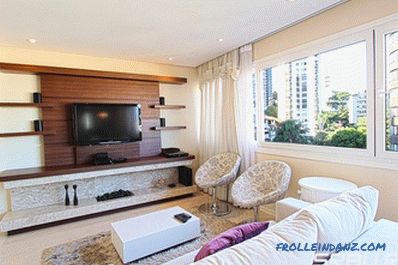
Life without registration. For whom the purchase of apartments as a single dwelling is not profitable?
Given the gradual abandonment of mandatory permanent registration and the tendency to completely equalize the rights of holders of permanent and temporary registration, there is no real restriction on the legal status of the owners. However, permanent registration is still beneficial to certain categories of the population.
Young parents.
Difficulties may arise when applying for benefits and allowances; enrolling a child in kindergarten or school. Admit to an educational institution are required and with a temporary residence permit, but with a shortage of places, holders of permanent registration will be in priority, and the rest will have to wait, whether there will be free places for them.

Retired.
Without becoming a full-fledged Muscovite, you cannot get the right to free travel or a capital supplement to your pension, and you will not be able to get a subsidy for utility payments.

Difference in the cost of apartments and apartments: elite housing for the elite or solution of the main housing issue?
Apartments appeared on the Moscow market only in the early 2000s - during the reconstruction of mansions in the historic part of the city. Such offers were limited and very expensive. A few years later, during the construction of Moscow-City, this type of real estate gains its first popularity - to live and work in one place becomes a new trend. It is fashionable and prestigious, but still very expensive.
A massively new offer captures the market only from the 2010s, when developers begin to offer an unusual type of development to a wide buyer, moving from the elite and business classes to the economic one. From this point on, such construction begins to move rapidly from the historical center to the Moscow suburbs and beyond, gradually covering the near Moscow suburbs, million-plus cities and even popular Russian resorts.
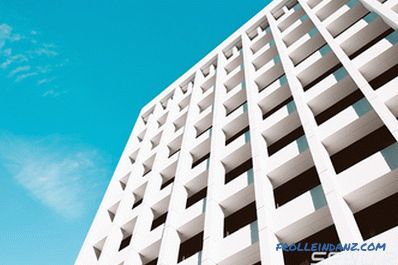
For developers, a new convenient niche has become a real salvation in times of crisis, while buyers are increasingly interested in the opportunity to purchase a quality new building with a huge discount. And this is not surprising - after all, the cost of apartments in a good area is comparable to the price of a dilapidated fund on the outskirts of the most unpopular districts of Moscow.
Today, when asked how apartments differ from apartments, many will surely answer: "of course, at a bargain price." Only by averaged calculations, the benefit is 15-25%, and in fact the difference is even greater. Often, a small site is chosen for such an object at the site of the industrial areas being reconstructed in promising areas of the Third Transport Ring, and the offer immediately becomes unique, having no price or high-quality counterparts. And in densely populated areas near the Moscow Ring Road, this building compares favorably with the mainland, competing only with the sad high-rise buildings of the 80s and 90s.
Prices for small-sized objects within the boundaries of Moscow are lower than the cost of studios in unfinished new buildings, and almost twice cheaper than secondary housing. On the difference, reaching up to 30% can be said in the segment of luxury real estate.
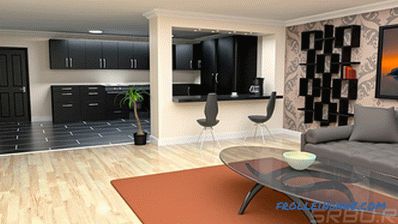
Will the stingy pay twice: how much does housing and communal services cost?
You have to pay for all the good. And the first confirmation will be a receipt for utility services. They will cost the owners an average of 18% - 20% more expensive. Will such a tariff pay off and will not the permanent overpayment cancel a one-time gain from the purchase? If the purchase was made for permanent residence, the difference would be quite noticeable.
Increased tariffs affect only certain services - consumed electricity, water, sewage and sewage. Most of all - 36% more expensive, will have to overpay for electricity, and the cost of water supply will be higher than for residential premises, by 12%.
For a large family, utility costs may well become a serious item of expenditure. However, such margins confuse far from all buyers - some of them invest in additional real estate, taking advantage of today's low prices and expecting further price hikes. Others use them as a commercial project, renting and shifting the payment of meters on the shoulders of tenants.

Apartment tax - how much more expensive and how is it calculated?
Wouldn't a bargain become a yoke because there is no further reduction in fees? By itself, the tax rate on apartments seems low - from 0.5% of the value of the object. However, this is already 5 times higher than in the case of residential premises, where the tax is 0.1%. Moreover, the “20 meter deduction rule” is not applicable here, nor will it be for owners and other benefits.
For those who have a choice: a residential apartment or apartment, the difference in tax may be the main argument against such a purchase. But here the latter have an advantage. Non-residential premises are estimated somewhat cheaper, which means that in fact the tax will be higher not by 5, but only 2-3 times.
Is there a difference in the comfort of living?
Apartment or apartment - what is the difference for residents? After all, the quality of such buildings is modern, often the objects are already offered with decoration and furniture, and spacious halls and the presence of meeting rooms or even a conference hall cannot be a minus? However, the low cost is easily explained by the quality itself - the building codes and requirements are applied quite different.
This concerns several factors at once:

Insolation.

Noise Isolation.

Surrounding infrastructure.
In Russia, the standards and requirements for housing under construction are quite high. The distance between the buildings, the thickness of the internal partitions, and the quality of the materials are taken into account so that the noise level does not interfere with the rest of the occupants, and the natural light penetrates freely into the windows of the apartments. The designers of non-residential premises are not obliged to take care of the comfort and health of citizens, because according to the original plan, the apartments were intended only for short-term accommodation or overnight accommodation.
For the same reason, residents will be deprived of a convenient infrastructure - they do not have to build gardens and schools, provide courtyards with platforms and think about walking distance from shops. This restriction is unlikely to prevent the purchase in the inhabited area of old Moscow, but for densely populated margins, the offer immediately ceases to be interesting.
